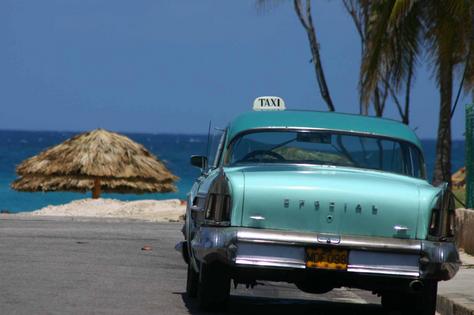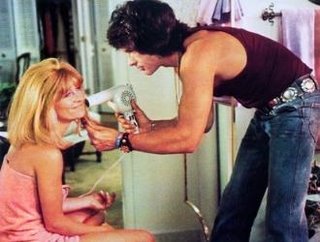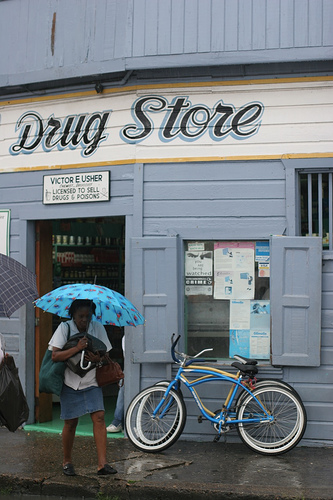
Everything Changes is throwing a 1-year-old birthday party for the Affordable Care Act. Don’t be embarrassed if you don’t know what’s in the bill - you’re not alone. Our big, broken health care system needed a fabulous new makeover; the changes are welcome, yet complex.
I’ve made a cliff notes version of the main parts of the bill that are already in effect and impact our freedom to access care. Please read, check back, and share the info with your friends and families so we can all better understand and celebrate our new healthcare freedoms and rights.
FREEDOM TO ACCESS CARE!
Caps
No more caps. Insurers can’t set dollar limits on your lifetime benefits coverage, no exceptions. Annual benefits caps have been raised to $750,000 and will also be fully eliminated in 2014. Big Darn Deal = Cancer patients don’t have to worry about rationing their care for fear of being cut off.
Kiddos
Insurers are required to provide coverage to kids with pre-existing conditions. Applies to kids 19 and under. Big Darn Deal = Have you ever paid out of pocket for asthma treatment? Enough said.
Young’ins
Young adults can be covered under parental insurance plans until age 26, including married young adults, students, and non-students. Big Darn Deal = Most young adults are not slackers, we just can’t afford insurance while job searching and working entry level jobs with few benefits.
U-Turns
Before, if an insurance company got hit with a big claim, they could find an unintentional error on your application (even from years ago) and use it as a basis to make a big u-turn and deny you coverage. This u-turn is called a rescission and they can’t do it anymore. Big Darn Deal = Your mom is diagnosed with breast cancer and her insurance company can’t deny her coverage because she forgot to mention an ingrown toenail on her insurance application in 1999.
Pleas Please
You’ll now have the right to appeal decisions your insurance company makes about your health care (such as refusing coverage) to an independent, third party reviewer. Big Darn Deal = Insurance companies have to be accountable to someone besides themselves.
X-Change
What the hell are insurance exchanges? Think of exchanges as insurance shopping malls especially designed for individuals and small business that have a hard time finding insurance. The government is building the mall and will only let stores set up shop if they agree to treat individuals and small business shoppers fairly. Big Darn Deal = Insurance companies can’t rob blind a huge part of America’s workforce – individuals and small businesses. Instead they’ll compete for our business with plans that are more affordable, and easier to understand and compare.
Do any of these changes impact you as a cancer patient or loved one? How so? Share your thoughts and comments below.
![]()
![]()







 “Everything Changes is, without doubt, the most forthright, emotionally sophisticated, and plain-old valuable book of its kind I've seen.”
“Everything Changes is, without doubt, the most forthright, emotionally sophisticated, and plain-old valuable book of its kind I've seen.”












